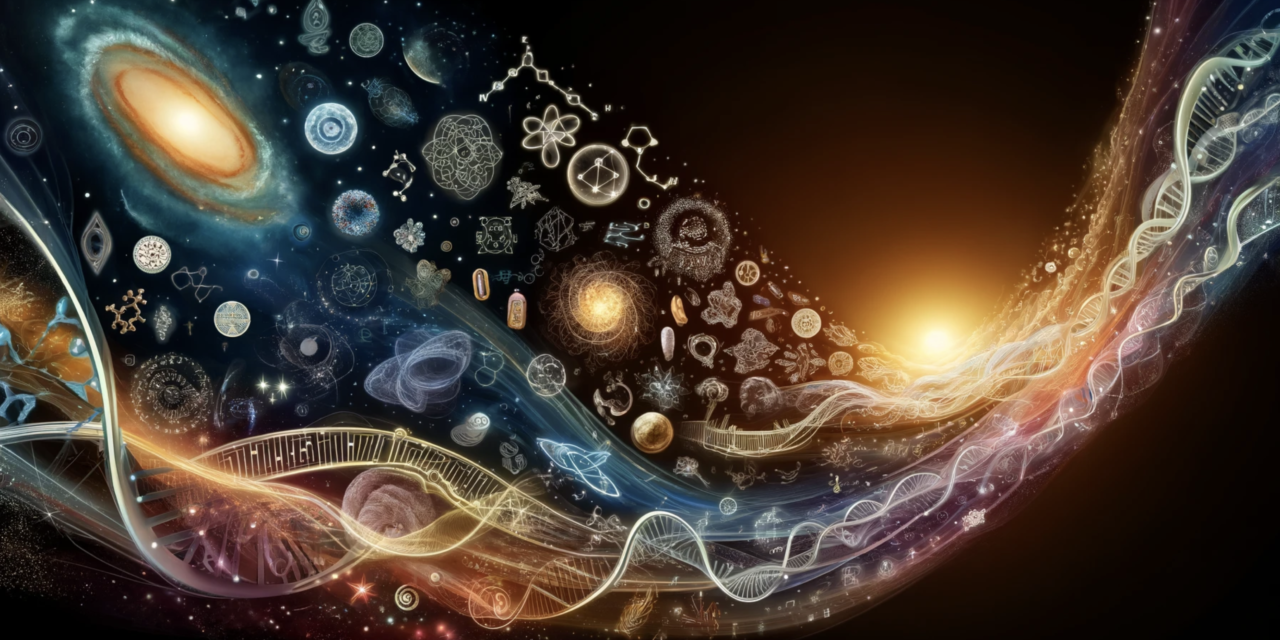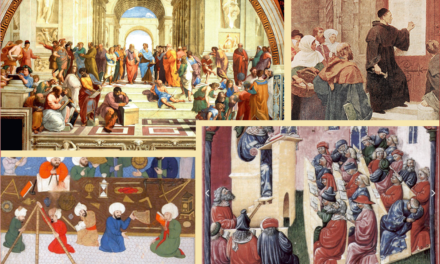Introduction
Human understanding has long sought to compartmentalize the cosmos into manageable, discrete categories: physical, biological, and cultural. However, an emerging discourse suggests a profound unity underpinning these distinctions, offering a more holistic view of evolution. This article explores the interconnected evolution across physical, biological, and cultural domains, proposing a unified framework that aligns with the comprehensive account provided by big history.
The Unified Framework of Big History
Big history is a scholarly discipline that examines history from the Big Bang to the modern era through a multidisciplinary lens. It uniquely positions the physical formation of the universe, the emergence of life, and the rise of human civilization as continuous threads in a single narrative, thereby setting the stage for a discussion on the unity of evolutionary processes.
Physical Evolution: The Foundation
The journey begins with the Big Bang, leading to the formation of stars, galaxies, and eventually, planets. This physical evolution, characterized by the transformation of energy and matter, follows the laws of physics and chemistry. Understanding this foundational layer is crucial as it sets the initial conditions for biological evolution.
Biological Evolution: Complexity and Adaptation
Life emerges as a natural progression from the complexity of chemical processes, particularly on Earth. Biological evolution, driven by genetic variation and natural selection, demonstrates an increase in complexity and an adaptive response to the environment. This evolution is not isolated but is a continuum that reflects the initial physical conditions of the cosmos.
Cultural Evolution: Abstract Complexities
With the rise of Homo sapiens, evolution transcends physical and biological realms to embrace abstract complexities: culture, language, and technology. Cultural evolution, while appearing distinct, is deeply rooted in biological capabilities and influenced by physical conditions (geography, climate). It represents an extension of biological evolution, harnessing symbolic thought and social learning.
The Concept of Unfolding and Interconnection
Each stage of evolution can be seen as an unfolding process, where the potentials inherent in the universe progressively manifest in more complex forms—from atoms to molecules to cells and conscious beings. This unfolding is not merely sequential but deeply interconnected, with each stage setting the conditions for the next, illustrating a non-linear progression where physical, biological, and cultural evolutions influence one another.
Implications for Understanding Progress
Rethinking progress in the context of this unified framework shifts our focus from human-centric achievements to a broader perspective of evolutionary success. Progress becomes a measure of how effectively these worlds—physical, biological, and cultural—sustain and enhance the unfolding complexity and interconnectivity of life.
Conclusion
The unified approach to understanding the evolution of the cosmos, life, and culture as proposed by big history provides a powerful framework for addressing contemporary challenges. It compels us to consider the legacy of the cosmos in every cultural act and to recognize that our future is profoundly tied to our understanding of these interconnected histories. By embracing this holistic view, we can forge a path that respects the delicate balance of our planet and seeks a sustainable future for all forms of life.
Terry Cooke-Davies
2nd May 2024
Special thanks to the AI assistance provided by Perplexity AI, and by ChatGPT (4) from OpenAI in shaping this article.
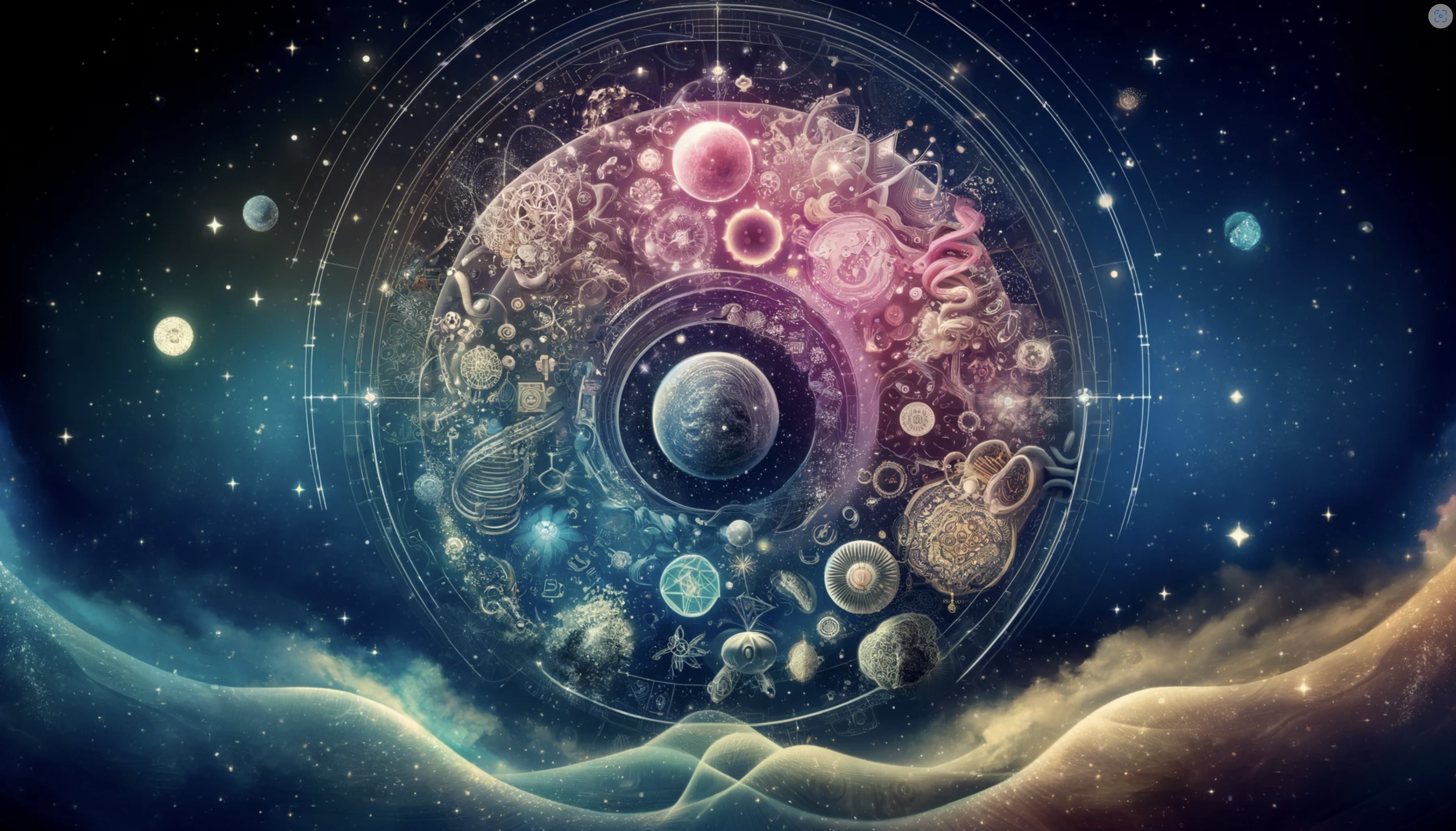
Link to Series Home Page
Rethinking and Reimagining Progress: Exploring the Convergence of Physical, Biological, and Cultural Evolution
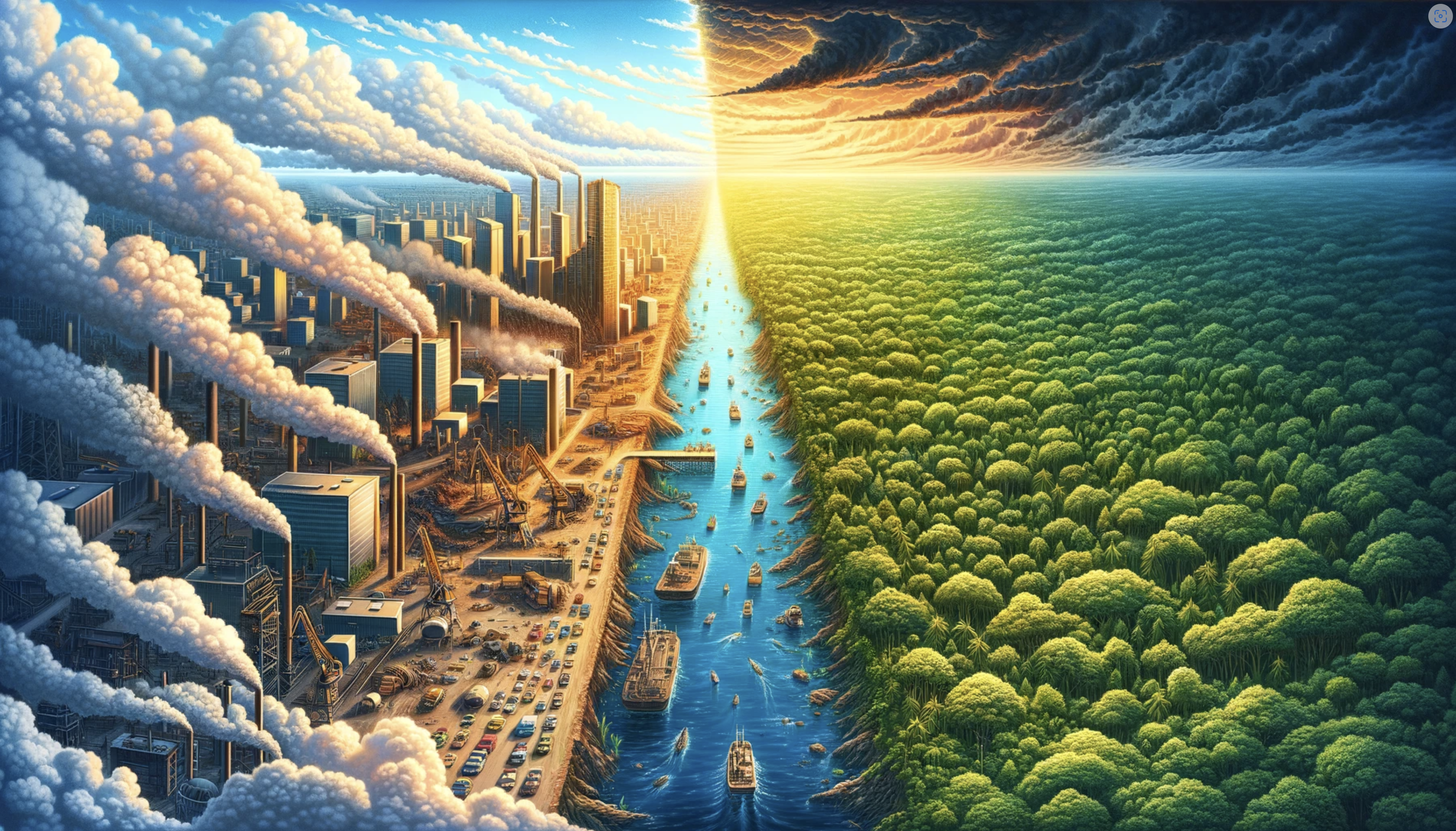
Link to Article 1 of 3
Rethinking Progress: Embracing Unfolding and Adaptation in the Anthropocene
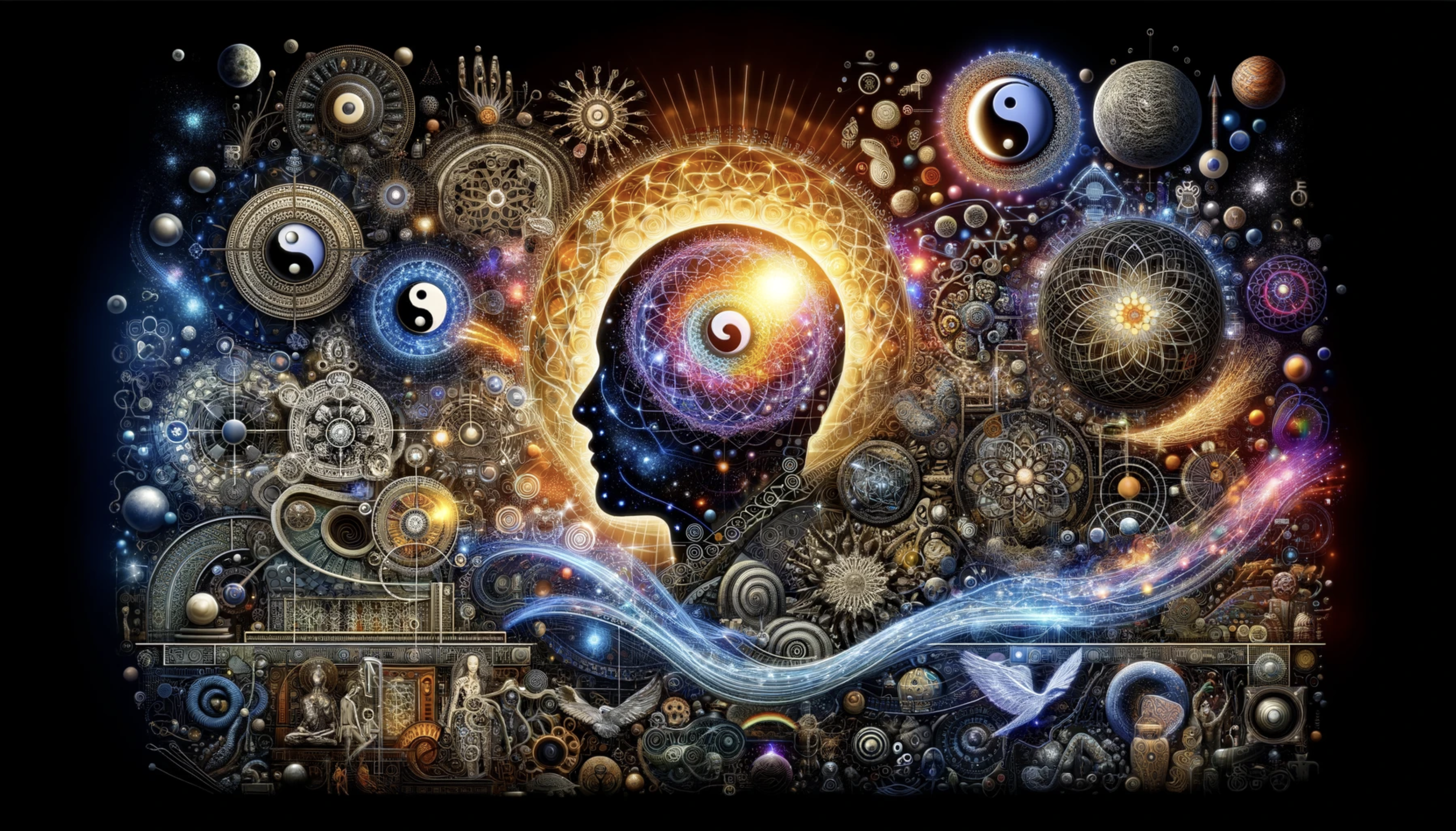
Link to Article 3 of 3
Integrating Consciousness, Non-duality, and Self-Identity into a New Paradigm of Progress

